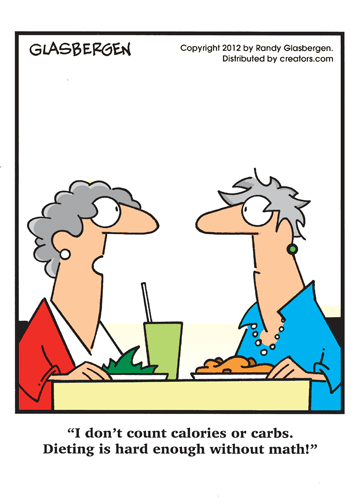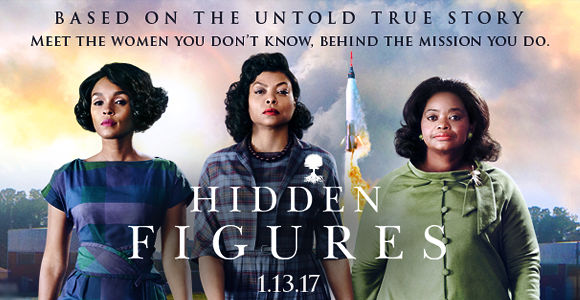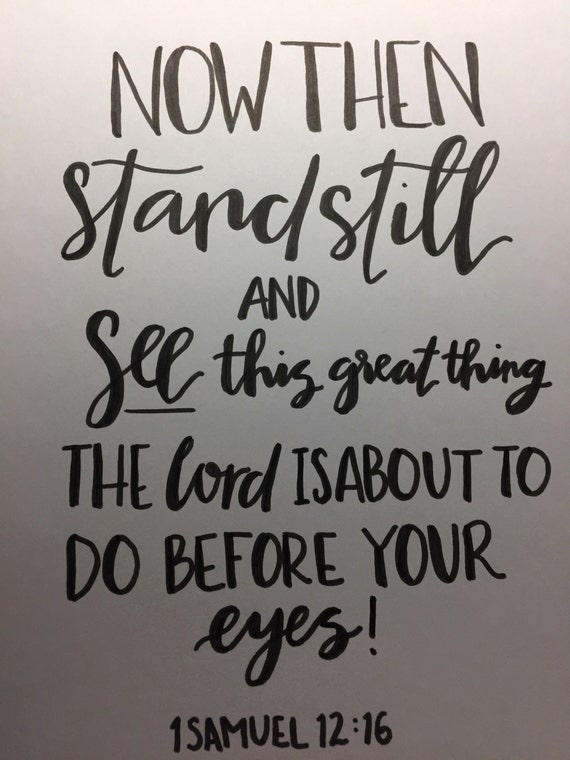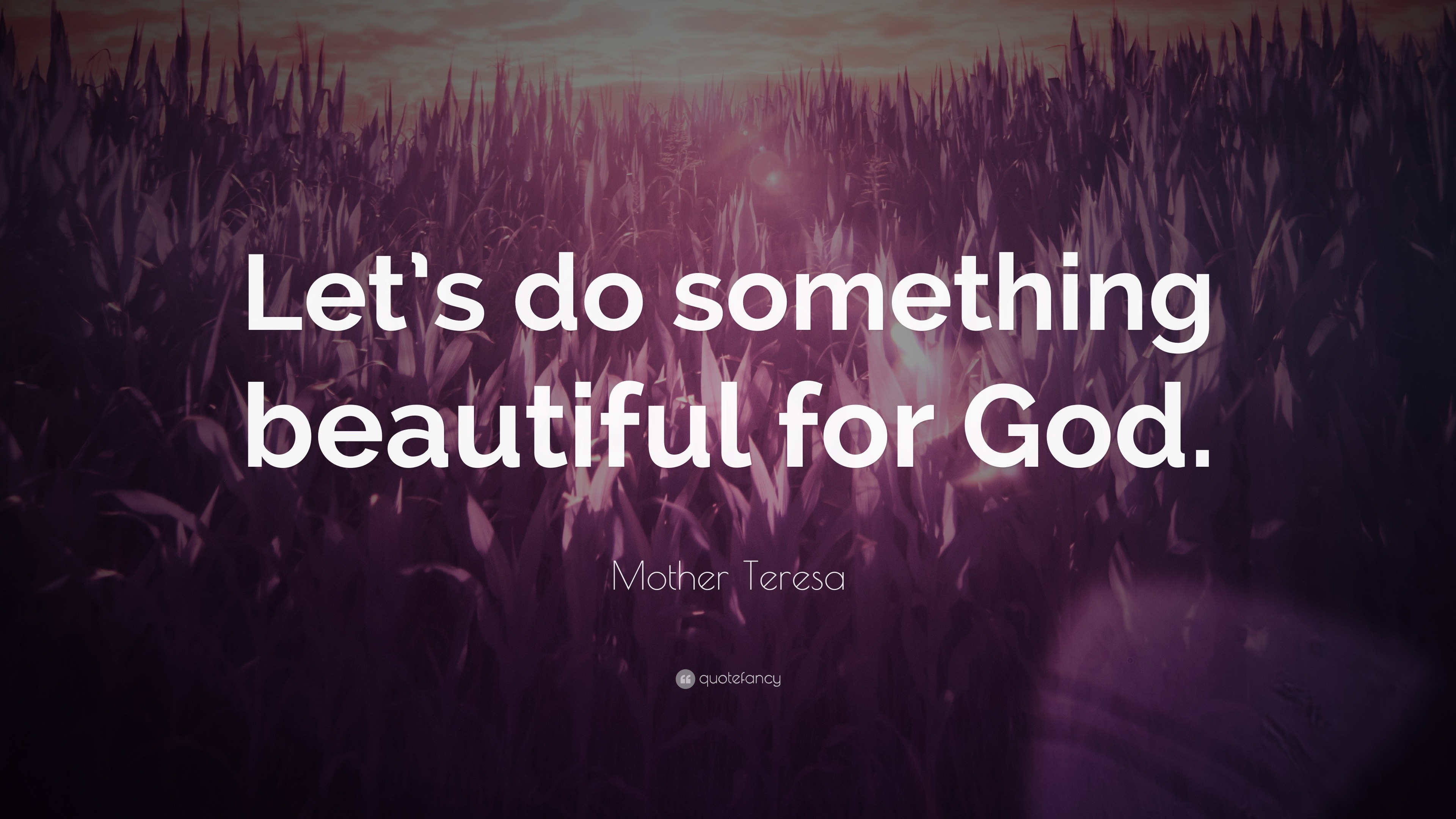It feels great to be blogging again! Thanks for reading my friends! [edit - and it's a longer read - with a call to action and solutions... enjoy.]
A few nights ago my family and friends all visited the drive-in movies... you know, where you sit in, or around, your car and watch a movie, or two, outside. Yes, outside! During one of the movies - I believe Captain Underpants (don't judge, it was really adorable) a student shared how they failed a class. It was math.
My husband looked at me, and before I could say anything, he stole the words out of my mouth, "it's always math!"
See, I have this theory,
that our society is creating a culture that accepts math as the impossible subject. That math is only for those with magnificent brain power. A society that instructs its pupils that math is pointless.
Honestly, next time a movie or tv show starts talking about school see which subject is being addressed. I am pretty confident that if the student/actor mentions failing or struggling in a class, it's math. I am also fairly positive that if a kid is "blowing off" homework as if it's not a big deal, that the homework was for his or her math class.
*sigh*
It breaks my heart every time! Our culture is creating a double standard. As a teacher....as a MATH teacher, it's frustrating. I am asked to help my students understand content that is not respected or expected to be learned by society.
Our culture wants me to teach mathematical concepts in the classroom, to students, who will later go out into society where they are told that what I taught them is pointless and it is acceptable to not understand the concept either. And this is what I make the big bucks for (insert eye roll for dramatic effect).
Seriously, who uses math anyway? Last year I was teaching some very basic algebra concepts to my advanced/accelerated class. One very vocal young man interrupted, as he often did, and just asked "when will we ever use this?" Any time a student asks that question I respond with "what do you want to do when you are older?" so I can then answer by giving an example that is related to their career or job. This advanced, very bright student, told myself and the class he wanted to be an engineer - but yet, he thought basic algebra was pointless and a waste of his time. Believe me, other students stared at him with a puzzled look more than I did.
Oh mercy.
Our society does a poor job of respecting math. I work with a math teacher that says "you can't read a math book if you can't read" .... although very true, not going to argue there, this same thought process is why math is often over looked and under studied. I am not a strong reader or writer. I am sure my husband and English teachers are frowning as they read this little article of mine gasping at every common error. However, I am getting my point across. Not miscalculating medicine for a patient or anything important. But the moment that we, a society, place one content slightly higher above another is the exact moment that shadows and depths will be created.

Students are struggling in math for the time, energy and resources are not spent on it. Back when I was in college I wrote a paper over math anxiety. How female students are more inclined to develop the belief that she is not "good" at math. This belief is often a reflection of her relationship with her mother and/or female elementary teacher that also view math as a "man's game."
You can read my paper here, if interested. Another fascinating blog about
girls being 'bad at math' can be found here. Props to this author.
Again, our society is creating a culture that not only places math of a lower importance, but also oppressing young girls to believe that they are not capable at learning math.
**Little side note, if you are a woman, or a parent of a girl, please watch Hidden Figures. These WOmen were NASA's calculators...before calculators were a thing.**
Before I started writing this blog, I went to google to see what I could find about math in movies and society. Instead, I found a New York Times article "
Why Do Americans Stink at Math" by Elizabeth Green. It's a rather lengthy article, a few years old, but had some wonderful ideas and even strategies I want to see take place in my classroom next year. If you have time, I suggest you read this article.
As I was reading, I couldn't help but have comments, some snarky, some preachy, some prayerful, some praises.
Math has always been a hot topicin the education world. Clearly our film industry believes that it's the most difficult of subjects. Elizabeth Green writes, "In fact, efforts to introduce a better way of teaching math stretches back to the 1800s. The story is the same every time: a big, excited push, followed by mass confusion and then a return to conventional practices."
She later states, "The trouble always starts when teachers are told to put innovative ideas into practice without much guidance on how to do it." (can I get an amen here!?)
I have parents who say that math has changed so they can't help their student. But it hasn't. Numbers are still numbers. The challenge is still a challenge. And Americans have stunk at math, and for some time. In Green's article she shared a story from around the 1980's when A&W started to market a 1/3 pound hamburger to off set McDonald's quarterpounder. The marketing team states that customers thought it was a better product, but also thought they were being charged too much and therefore not buying it. When in fact, the price of the 1/3 A&W hamburger was cheaper than the quarterpounder. Customers did not understand factions.
I believe there are solutions. We will need a change of mind and attitude in order to see a change in our culture through empowerment of our people.
Some of these solutions I am going to present are my personal opinion. I have not taught as long as some. I have not taught in other content or other grade levels outside of 7th grade math. I have not done any significant research, this is all from personal observation. So, if this doesn't settle well with you, it might mean I need more information. Okay, proceed.
Solution 1:
Empower elementary teachers. Make elementary teachers proficient in math. If a first grade PE teacher had to go to school to learn physical education, and all of it's methods and strategies I believe that every grade should have a math teacher. Someone who is strong in their content and is capable of helping other teachers who do not feel as if math is their strength.
As I continued to read about why Elizabeth thought Americans stink at math, I read: "'Remember,' Lampert says, 'American teacher are only a subset of Americans.' As graduates of American schools, they are no more likely to display numeracy than the rest of us. "I'm just not a math person," Lampert says her education students would say with an apologetic shrug." At this point in the article, I just want to cup my face and weep. I remember being in educational courses hearing that elementary teachers wanted to teach elementary classes because the math was too difficult, intimidating, or impossible. Really, the same math that you had to take in school, now as a professional, is too much for you to handle? When I graduated there were around 75 elementary teachers graduating. There were 4 middle school math teachers.
Solution 2:
Empower all teachers. Give teachers adequate time to not only learn but to implement and teach appropriate math. Elizabeth states, "With the Common Core, teacher are once more being asked to unlearn an old approach and learn an entirely new one, essentially on their own. Training is still weak and infrequent, and principals - who are no more skilled at math than their teachers - remain unprepared to offer support." This isn't about common core, an entirely different article about how common core are standards.... however, what she is saying is that we are asked to go to a conference for a few days and then the moment we step back into our classrooms start teaching an entirely different way. Same content, different methods. Common core, rigor and relevance, quad-D are all fancy jargon that is being replaced by the very popular STEM and STEAM projects. YET math has not changed. (her statement about principals, oh so true, my principal reminds me that he taught history for a reason).
Elizabeth continues to write,"There, as in Japan, teacher teach for 600 or fewer hours each school year, leaving them ample time to prepare, revise and learn. By contrast, American teacher spend nearly 1,100 hours with little feedback." Just going to let that set in. And for those who are struggling, American teachers are spending more time teaching, but with worse results. Reread that paragraph, please.
If you want me to be a better teacher give me the time to learn these methods and implement them.
Solution 3:
Empower students' time. Students, unless they have a true deficit and possibly IEP, should get the same amount of time for math content as it does for art and every other subject. One content should not receive more time than the other.
When a school, or classroom, establishes different time frames for different curriculum, eventually students subconsciously believe that one content or curriculum is more important than the other.
Solution 4:
Empower words, methods, rituals, strategies, terminology and procedures. I believe in differentiation. As a teacher, when I see a student struggling I do my best to find a method that "clicks" or sticks with that student. However, I teach math. But when we start using fun little butterflies to help a student learn how to add fractions, the student gets lost in the antennas. "The answer-getting strategies may serve them well for a class period of practice problems, but after a week, they forget. And students often can't figure out how to apply the strategy for a particular problem to new problems." I couldn't have said it better Miss Green.
I would like for a main stream, common idea of how to do math, common terminology. Teach the foundation and save the fun little methods to help with differentiation. Teach students how to think to solve instead of solving on how to think. If a student has something to focus on, other than which of the 12 methods to use, they might be be able to learn math.
My biggest frustration is even in mathematical symbols. Students spend half of their education learning that X or x means to multiple. Then, all of a sudden, when we introduce algebra we ask them to relearn several years of education. 'X' is no longer a symbol for multiplication, but is now a variable. Oh, and by the way, parentheses can mean multiplication too, you know that fancy distribution.
Seriously, why can't we teach multiplication with the * or the dot? Why am I having to reprogram my students' mind ON TOP of teaching them new algebraic concepts?
Solution 5:
Empower parents. My favorite thing about parent teacher conferences is when I am given the opportunity to remind parents that they are able to do math and therefore are able to help their child with math. As a society we don't have to no longer tolerate the reason of "I'm bad at math, so my kid is bath at math" type statements. Even if the wonderful Hollywood would start empowering parents and their families that math is something other cultures are capable of doing, so be default, Americans can too.
Solution 6:
Empower the curriculum. This is a stretch, and would take an overall in the education. Greens article discusses how children in Brazil that help their families by selling peanuts and coconuts could routinely solve complex problems in their head to total a bill or make change. However, when the same students were presented the same type of problem on paper with pen, they stumbled.
Math IS real world.
This is a tricky solution. I love my job. I really do enjoy teaching pre-algebra to middle school students. However, the day that I had a student exclaim that their homework was similar to their parents' college work, was the day I started to realize that maybe we are doing this all wrong?
Studies have proven that brains develop at different rates. And that algebraic reasoning is a skill that requires certain brain development. So, if your brain is not ready for the concept I am about to teach, you are going to think you are not capable, regardless of how much you try.
If we would just wait for students' brains to develop, we might be able to teach concepts that they are truly ready for, saving lots of time (and tears...for everyone). Slow down the standards in math so more students are more proficient.
Math can be real life. Lets bring math back into classes with cooking, constructing, even budgeting or buying car insurance and loans as many students will face after high school. Math seems to be unrealistic to many students, but it's all how we empower the curriculum. I mean why do students need to have all of this math, when they learn the same martial in college? Yes, some students will not go to college, so shouldn't we equip them with math that they will be using daily? I would rather see a class in high school talking about how to count change back then see more students spending time in classes that they don't value or even compute.
Just as Elizabeth stated in her article, people do math regularly for their jobs, in fact those same adults who failed classes can often be more efficient in their jobs for they have learned the math that is suited to their career.

(I just put this there for a smile)
Leave me a comment if you made it this far. Seriously, I feel like it should be like a kickstarter, where you get a prize or something for reading all of this. I started out wanting to write about math and movies, and this is where I got.
Our society, education, parents, teachers, students, and even movies all need to stop picking on math. It's really not that bad.
"Odds-defying individual teacher can be found in every state, but the overall picture is of a profession struggling to make the best of an impossible hand." - Green
Bonus:
Links to movies you should watch....
http://mashupmath.com/blog/2017/4/16/10-best-math-movies-for-middle-school-students
https://reelrundown.com/movies/Top-Ten-Teacher-Movies-of-all-Time
http://www.math.harvard.edu/~knill/mathmovies/












